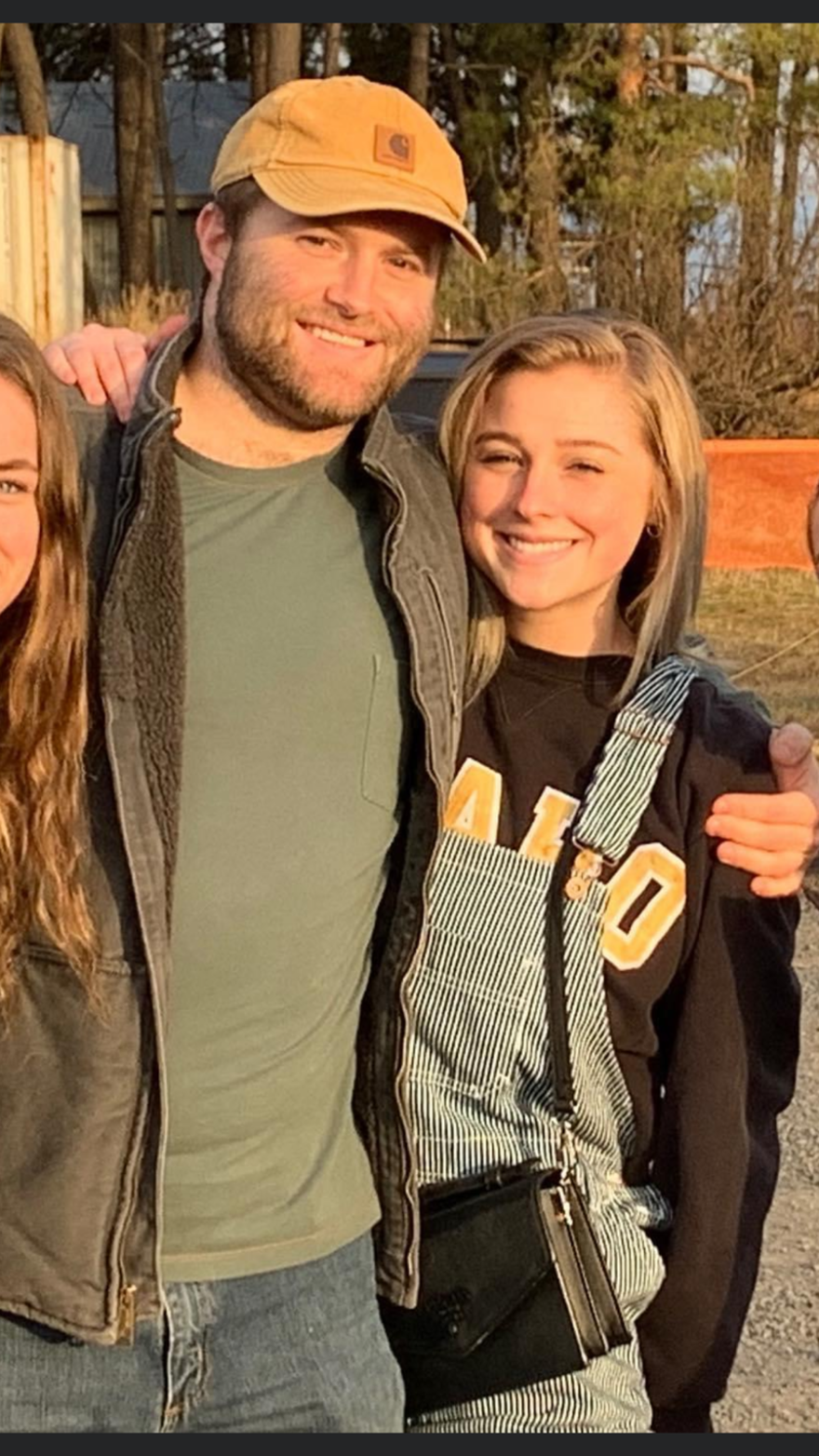I missed it by a year.
That’s what I keep telling myself at least. When I graduated last May, I tore off my square hat and skipped off into a stable economy.
I moved home to Boise, took a paying internship here at Boise State Public Radio and supplemented my income with babysitting. Late last year I moved across the country to Washington, D.C. and started applying to jobs. With my savings dwindling, I began looking at jobs like the ones I had in college: making coffee, selling clothes, waiting tables.
On March 11, I was offered a stepping stone job at a juice shop. Just days later the city shut down. I was never called in for a shift.
Like everyone else, I’ve spent an uneasy four weeks watching unemployment claims rise and reconnecting with friends from a distance. For all of us new graduates, it’s a scary time to enter the workforce. I reached out to Madison Hardy, a 21 year old graduating from University of Idaho this spring, to talk about her post-grad plans.
“Back when I thought about it like, oh, my backup plan, if I can't get a job right out of college is to work in the food industry," said Hardy. "I've been a waitress and server before many times and that was always a good fallback for me, but now we don't have dine-in services."
She received a few job offers this winter, but turned them down because she wanted to finish her senior spring semester on campus.
"Looking back, maybe I should have taken those jobs," Hardy said.
Because now, employment opportunities are few and far between. Since mid-March, nearly 96,000 Idahoans have filed initial unemployment claims. Forty-eight percent of claims have been made in my age group: 34 and under.
"As much as I apply to jobs, that seems almost futile when I hear people talking about how we're going into a major economic recession," said Hardy.

It’s no different for my college friend, Isabel Funke. She’s also graduating from U of I this spring. She was planning ahead and applying to jobs for months. Companies she was interviewing with just stopped replying or turned to internal candidates.
She said she’s trying to focus on finishing her senior year coursework, but an uncertain future weighs on her.
“I guess what scares me a lot is when I talk to my dad, which I always take advice from my dad, and when he tells me, this is like new terrain, he has never seen this in his entire life. It really makes me nervous," said Funke.
We don’t know when the economy will start opening up, but Jani Revier, Director of the Idaho Department of Labor, said graduates will have already missed out on opportunities to gain experience.
“This last semester before, before you normally go get a job, you may have planned to intern and then it was that internship that led to a job," Revier said. "Well, the internship gets cancelled ... you lose those work opportunities that are harder to make up for."
Prior to the pandemic, companies were finding it hard to keep their employees because of the vast job opportunities available, said Revier.
But that’s no longer the case. Now, with unemployment at its highest since the 2008-2009 recession, many recent graduates may be willing to take lower-paying positions—which could have lasting effects.
“Starting salary often times leads to your next salary, your next salary and it can have a multi-year if not a decade's impact on those that are graduating into this climate," said Revier.
And it goes beyond the job market. Connor Dennis is a senior at Boise State University. He was just accepted into the Fulbright Program to teach English in Taiwan for a year.

As of March 19, the Fulbright Program was suspended for all U.S. participants of the 2019-2020 session. Dennis had a friend who was sent home from Germany due to COVID-19 concerns.
But the Fulbright program doesn’t currently plan to cancel the session starting this fall.
“I'm cautiously optimistic," said Dennis.
He said even if the program was postponed, he will be okay.
“I feel incredibly privileged because my parents are awesome. I could stay until I got up on my feet," said Dennis.
Funke has also gone to her backup plan—heading home. She was planning on staying in Moscow until July, but after losing her job on campus, she said her income for the next few months has dwindled to the $1,200 government stipend.
“I'll probably pack up all my stuff, sell most of my furniture and go back down to Boise and then live with my parents," said Funke.
While the experience of each new graduate can’t be summarized or tied up neatly with a bow, we all have one thing in common: The uncertain future and the fact, whether we like it or not, that we will all be facing it together.
For now, my temp work and my boyfriend's income will probably be enough for us to stay in our tiny studio apartment and afford groceries. But it seems that every week we talk about retreating home until things become more stable.
I have things the Class of 2020 may not— like seven months of a pandemic-free internship to bolster my resume. But even my own privileges offer me little comfort.
Hardy is also hunkering down at home, applying to jobs as they pop up. Despite the challenges ahead, she said she doesn’t feel hopeless.
“I think we're all going to be just fine, eventually. It's not forever," Hardy said.
And it is true— it might take weeks, months, even years— but we will be okay.
Copyright 2020 Boise State Public Radio
Member support is what makes local COVID-19 reporting possible. Support this coverage here.


